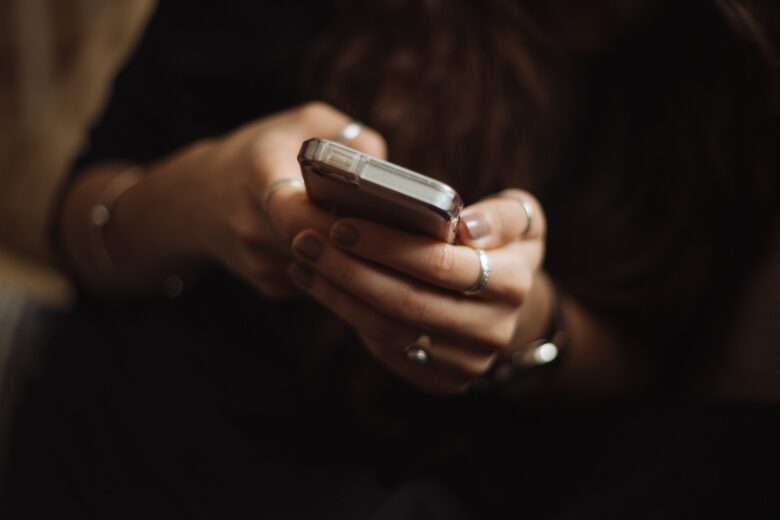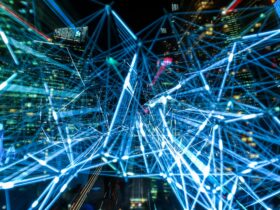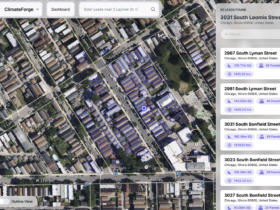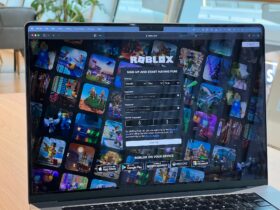The Golden State is charting new territory in the domain of digital identification. California has widened the scope of its pilot initiative allowing citizens to obtain a digital version of their driver’s license or identification card accessible on smartphones. This progress, however, seems to have raised several caveats for users, underlining the transitional phase of physical to digital identification.
At this venture, however, there’s a slight sticking point. The state has decided against providing this digital ID service through iOS or Android’s existing wallets. Instead, users are required to utilize California’s dedicated app for this purpose. “At this time mDL is not available for Apple or Google wallets,” said the DMV. This is seen as a temporary measure since the DMV added, “However, additional platforms will be available in the future.”
This digital adaptation of traditional identification, referred to as “mDL” (mobile driver’s license) by the California Department of Motor Vehicles (DMV), makes it easier for residents to perform tasks like going through airport security or verifying their age when purchasing alcohol. However, it’s prudent to note that the usage of these digital IDs is currently limited to selected airports and a few retail locations.
Governor Gavin Newsom alluded to California’s readiness to launch digital licenses earlier this year, and it seems like that promise is now taking shape. Los Angeles’ NBC 4 reported a few weeks ago that more than 2,000 participants had already joined the pilot program, with the pool slated to expand swiftly. Subsequently, the DMV website for the program confirmed that the pilot, which is free of charge, can now accommodate up to 1.5 million eager participants. These tech-savvy residents can join the program by downloading the “CA DMV Wallet” app on their iOS or Android-enabled smart devices.
Despite the convenience that this digital option brings, the DMV has been forthright about the limitations that current and prospective users of the mDL should take into account. The most significant caveat is that users must continue to carry their physical driver’s license or ID. The reason being that law enforcement agencies, state government bodies, and businesses have yet to accept the mDL in lieu of the conventional identification document.
As a crucial security measure, the DMV assures users that the app doesn’t hold on to their personal data permanently. Nevertheless, specific information, namely the user’s phone number and an encrypted image of their driver’s license or ID card, gets stored temporarily.
This ambitious drive towards digitization embodies California’s innovative spirit. The state’s venture towards digitalized identification, though replete with caveats in its embryonic stage, signifies a progressive stride away from traditional norms. It’s not a matter of if, but when, other jurisdictions catch up and follow suit in this enlightened era of technology.












